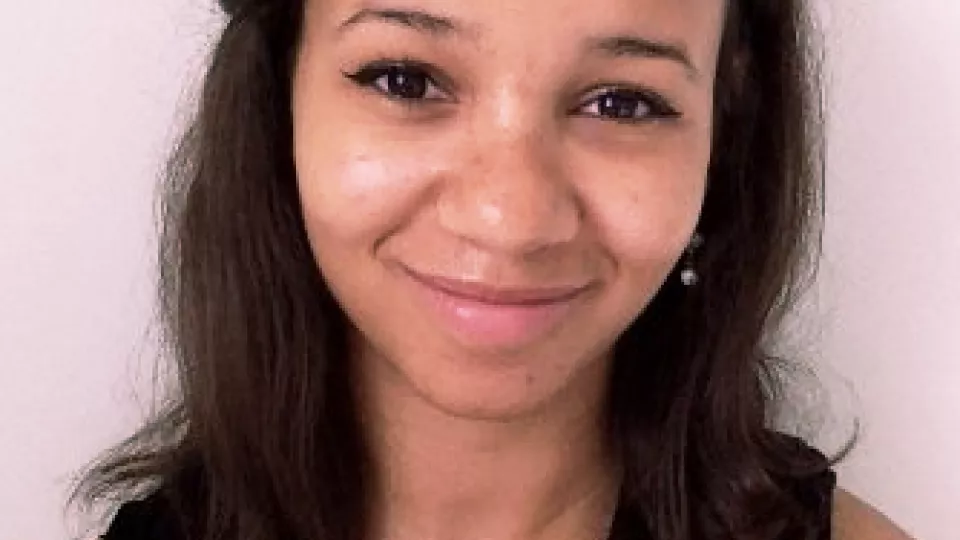Why are you interested in the field of loss and damage?
There is a need to improve our understanding of the type of severe impacts from climate change that affect human societies and ecosystems, and address them. I think loss and damage as a concept represents somewhat of a last stage in the negotiations and climate change efforts processes; one that is essential. It provides a platform for discussions on what it is that we value and want to protect, and potentially for redefining the relationship between human societies and nature.
What are you doing in DICE?
I am doing my doctoral research at LUCSUS as part of the project. My work focuses on issues of disproportionality and inequalities in relation to loss and damage from climate change and the linkages with sustainable development.
What do you want to achieve during the project?
Overall, my objective is to participate in and contribute to research that supports the advancement of this field – as part of sustainability science - and create knowledge that can support transitions to more just societies. I am only in the initial phase of my PhD but ultimately, I hope to provide insights into ways to bridge the knowledge gaps with regards to loss and damage as it is discussed and approached in the policy sphere, and local realities and experiences.
How does your research in DICE relate to the sustainable development goals and the policy and capacity arena?
My research has cross-cutting linkages to many of the SDGs, in particular SDG 13 on climate action, SDG 10 on reduced inequalities and SDG 16 on peace, justice and strong institutions. The field of loss and damage is policy-driven, that is where the term/concept originated, in the context of the international negotiations on climate change. Through my research, I hope to highlight and explain some of the complex linkages between inequalities, development and climate change impacts. Improving our understanding on these issues would contribute to building our capacity to govern and address the current and future impacts of climate change in a more holistic and sustainable manner.
What are, according to you, the most pressing research questions related to loss and damage?
There are many. The field of loss and damage research is rather “young” and still in the process of defining what sets it apart from other climate change related fields of research. It is clear that its emergence as a third “pillar” in the negotiations indicates that some of the issues associated with climate change were not covered as part of the other streams (i.e. mitigation, adaptation). I think the most pressing question, which is overarching, is how to go about conceptualizing loss and damage in a way that would allow both comprehensive and systematic assessment, and reflect differentiated experiences of climate change impacts.
What are your thoughts on sustainability and on sustainability research?
As a newcomer to the field of sustainability science, I find that it is a very stimulating field to be part of. Sustainability research has a strong emphasis on transdisciplinarity and problem-solving, which makes it particularly well suited to innovative and collaborative research. Sustainability transitions are challenging and they require increasingly radical changes in our systems. If we are to address the complex challenges we are facing and ensure a future for the next generations, sustainability and participatory approaches need to be at the core of decision-making in those transition processes.
